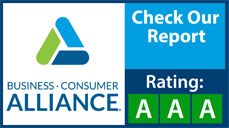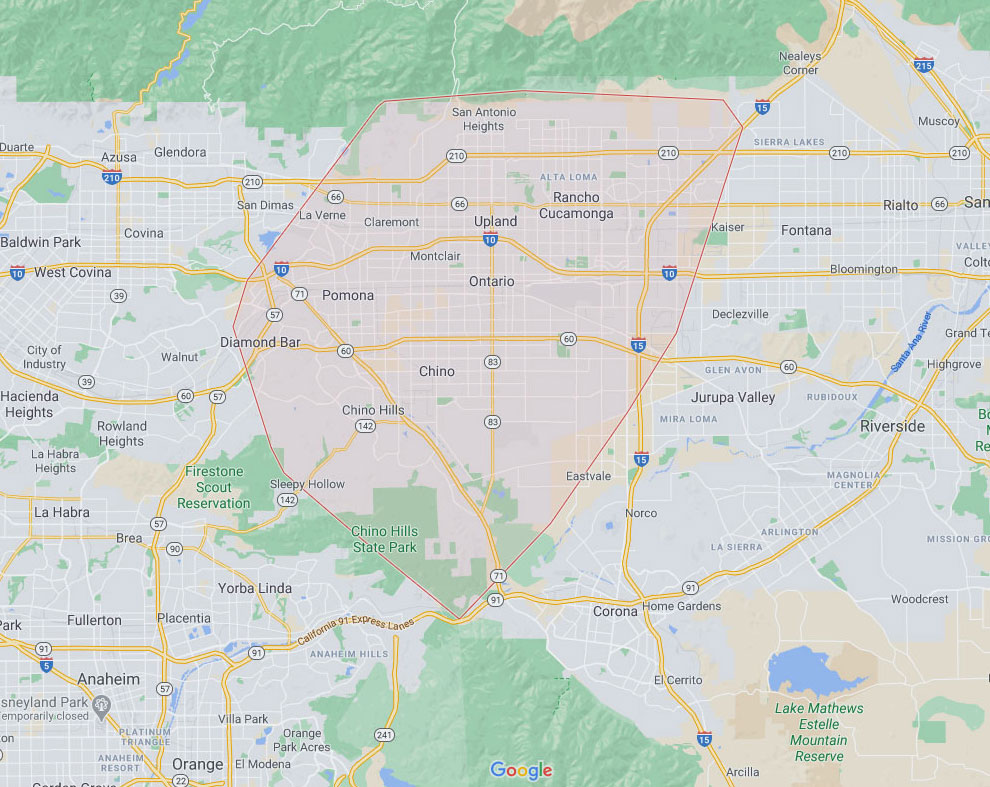Use trusted cleaning products and processes, and present your business accurately
The right tools, techniques, and training can help protect your business. But beware of using new chemicals and cleaning methods to fight COVID-19. It could spell trouble for your business.
If you’re not careful, you could easily damage a client’s surfaces when using chemical agents or approaches you’re not familiar with. And insurance probably won’t cover it.
Let’s say you used an unfamiliar solvent to clean a multimillion dollar home. It ruined the hardware on the sink and caused nearly $10,000 in damages. Your business’s general liability insurance policy didn’t cover those costs.
In the example above, an errors and omissions (E&O) policy might have covered a portion of the damages, but you’d need to check with your insurance agent to confirm.
If you advertise that your business can “sanitize” a location but fail to remove the coronavirus, you could be sued or found liable. A general liability policy might not cover the cost of that damage. Your E&O policy may address this coverage, but many do not.
Covering the expense of property damage or negligence isn’t cheap. But it’s nothing compared to the costs of illness to your workers caused by COVID-19.
Employees are your most valuable asset, and you need to protect them from on-the-job risks, including infection.
Protect your workers from coronavirus exposure, harsh chemicals, and training being lost in translation
If you’re dealing with COVID-19, one of your top priorities should be to keep your employees safe and healthy.
To help protect them, take these steps:
- Use the right disinfectants. While widely reported that the coronavirus can be easily killed, COVID-19 can survive on some surfaces for days. To be safe, use cleaning products from this Environmental Protection Agency (EPA) list of effective disinfectants for COVID-19.
- Outfit your employees with appropriate protective gear. Depending on the job and the chances of exposure, this may include hand sanitizer, eye protection, gloves, masks (possibly N95 respirators), and more.
- Provide the proper employee training. Some cleaning businesses have employees who aren’t proficient in English. Make sure they know the chemicals they’re using, and what to do if they get them on their skin or in their eyes.
Cleaning can be a dangerous occupation for workers at any time. But in a pandemic, those risks multiply.
If one of your employees is injured or infected on the job, lost wages and medical expenses are typically covered by workers’ compensation insurance.






